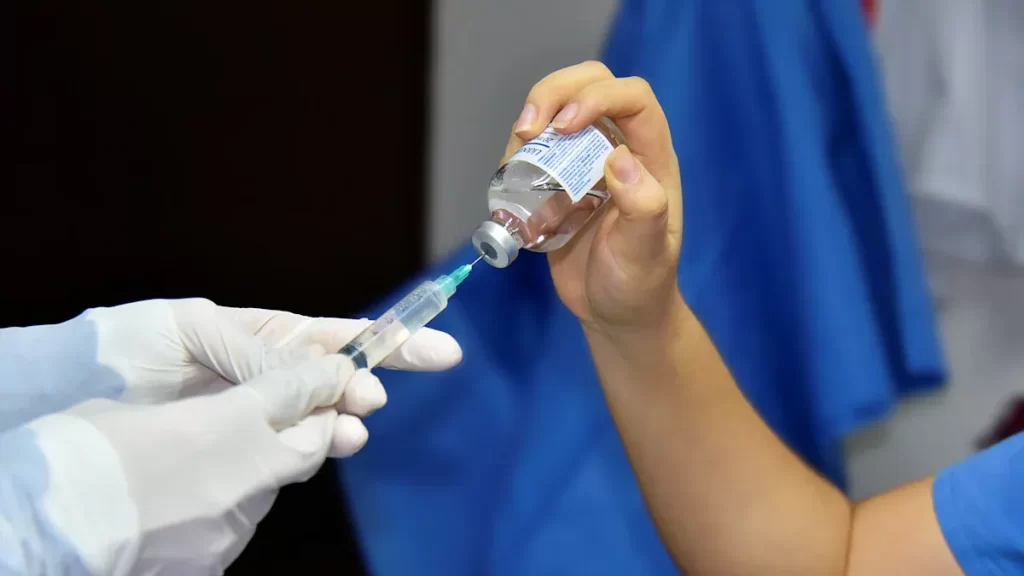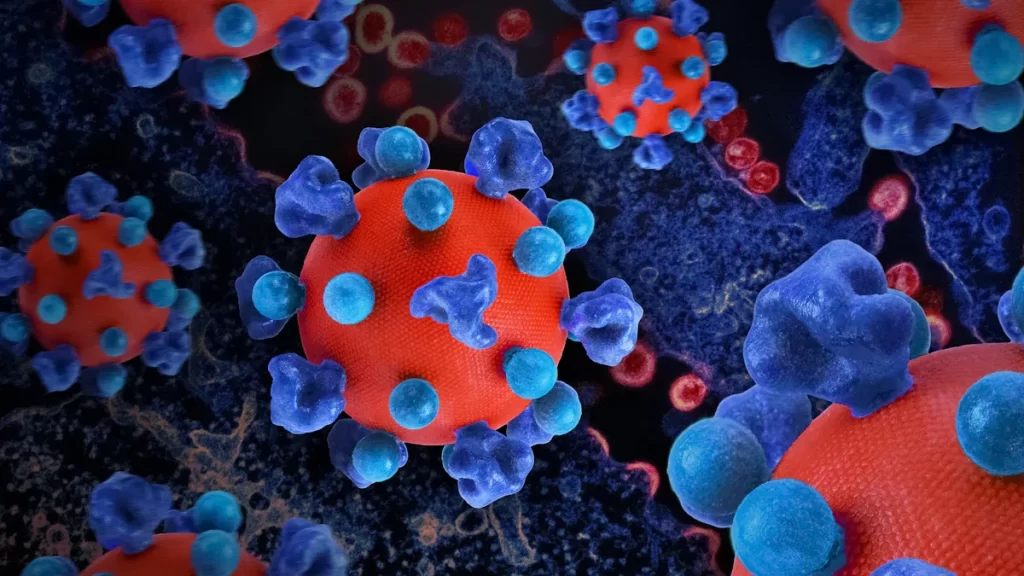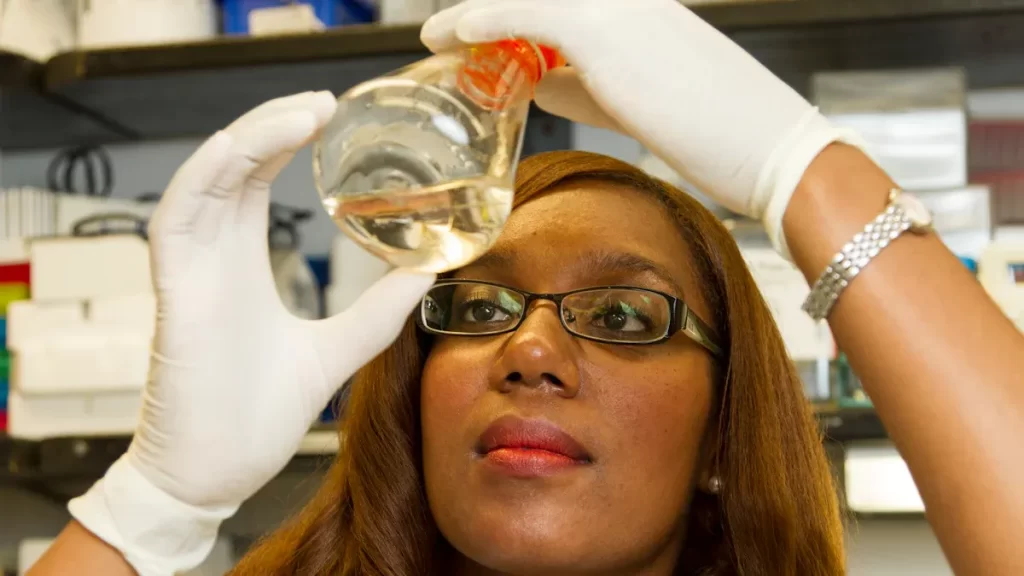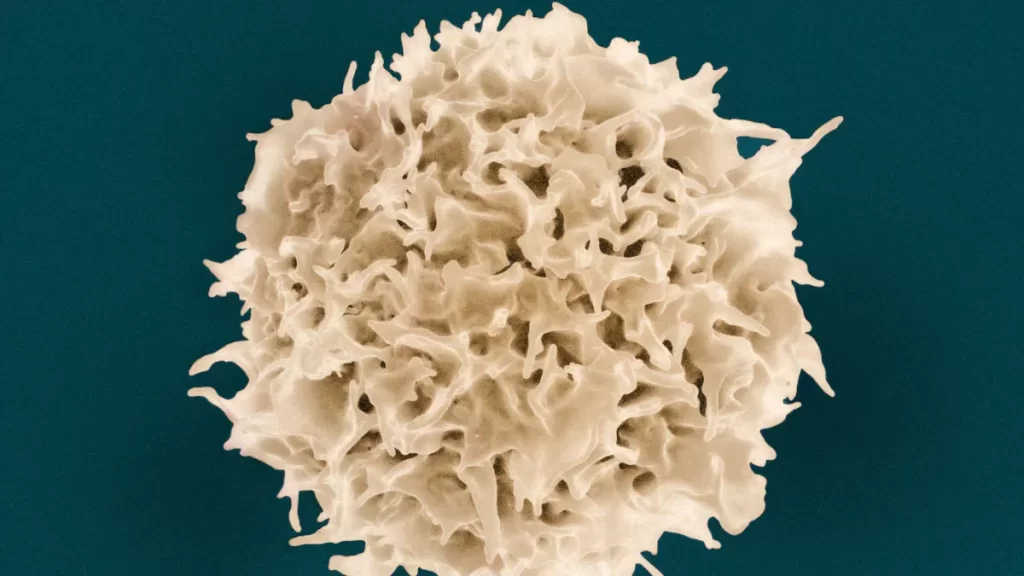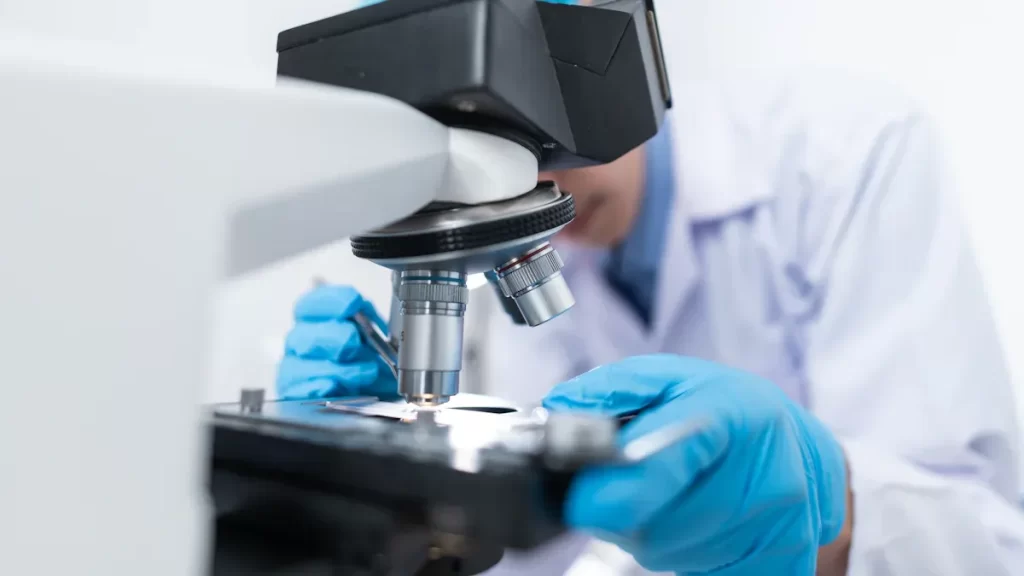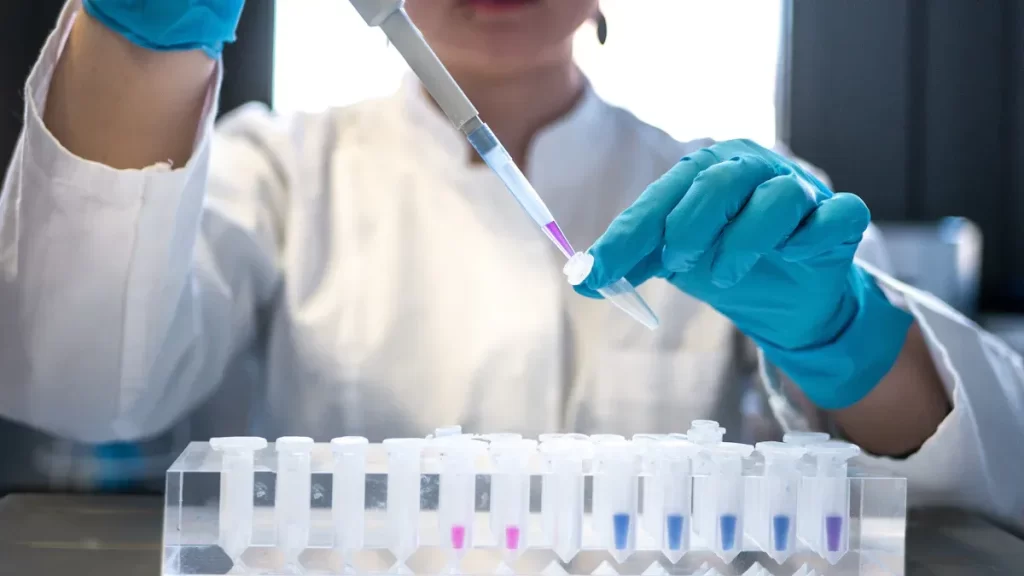Hepatitis A antibody testing clarifies infection status, immunity, and guides next steps in diagnosis, prevention, and patient care decisions.
Category Archives: News & Events
Specific antibody deficiency raises antibody-mediated rejection risk and lowers graft survival in transplant patients, highlighting the need for close monitoring.
Cambridge antibody technology advances antibody-mediated rejection treatments, improving kidney transplant outcomes with precise detection and therapies.
Panel reactive antibody testing protects your transplant by improving donor matching, guiding medication, and reducing antibody-mediated rejection risk.
Monoclonal antibody polyclonal antibody therapies can stop rejection fast, with polyclonal antibodies often acting quicker in severe transplant rejection cases.
Distinguish between an antibody and an antigen to see how each drives transplant rejection and why matching antigens is vital for graft survival.
Antibody mediated rejection explained: causes, diagnosis, and treatment options for transplant patients to protect graft health and improve survival.
Gliadin antibody and tTG-IgA tests differ in accuracy for celiac disease. See which test is best for diagnosis and when each is recommended.
Endomysial antibody IgA and tTG-IgA tests together boost celiac disease diagnosis accuracy. Know when to request these tests for early detection.
Tissue transglutaminase antibody IgA levels help assess celiac disease risk. Understand what your tTG-IgA results mean and when to seek further testing.

